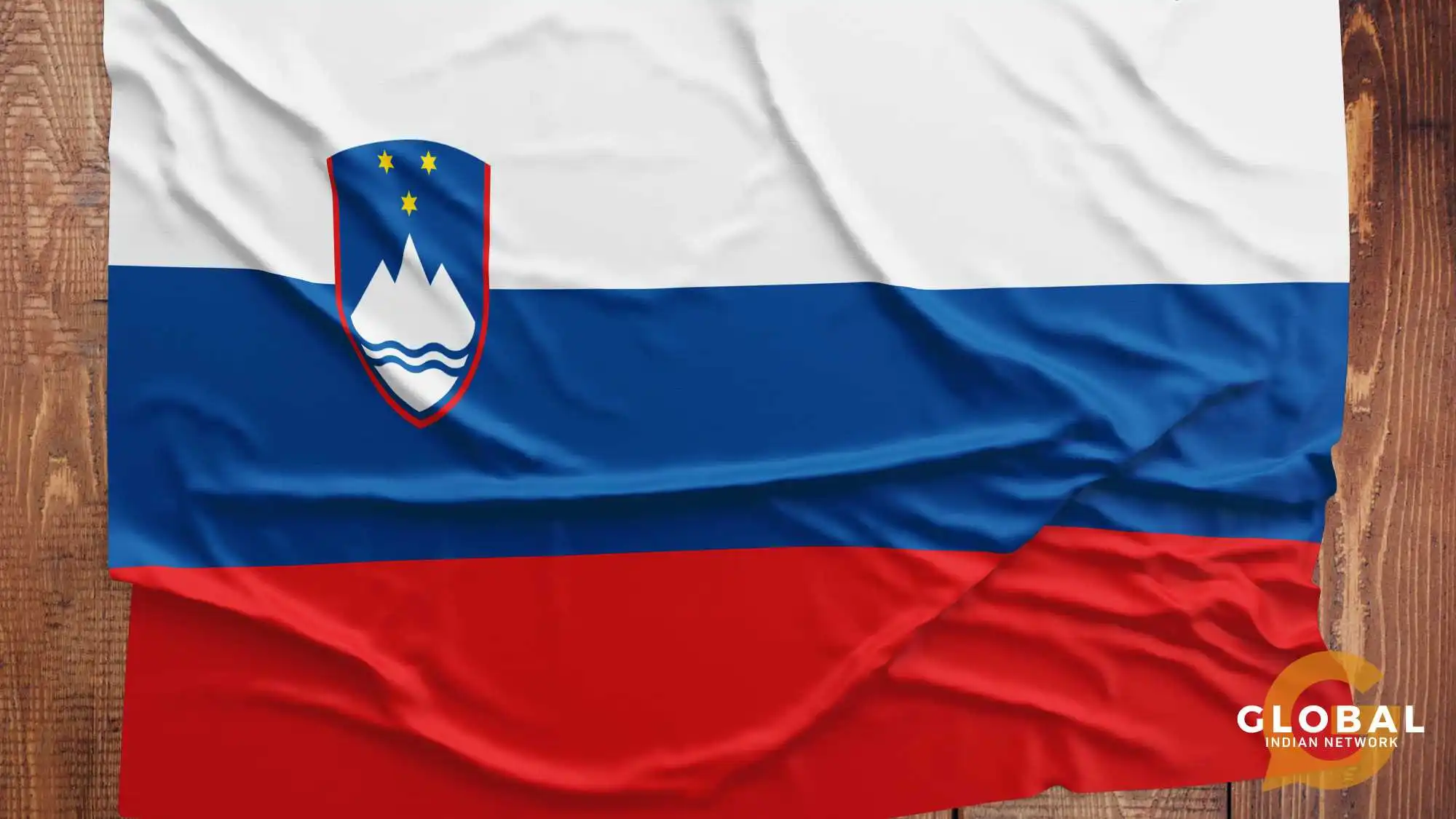Slovenia, being one of the nations of the European Union, is a sought-after country for acquiring citizenship for several reasons. Its stunning landscapes, rich historical and cultural background, stable economy, and relatively modest cost of livelihood make it an alluring place to reside on full citizenship. While there are numerous pathways to acquiring Slovenian citizenship, repatriation is by far the quickest and easiest method.
In this article, we shall explore the process of attaining Slovenian citizenship by repatriation.
Table of Contents
Slovenian Citizenship: Benefits and Advantages
There are innumerable advantages to becoming a Slovenian citizen, a few of which we have listed below.
- The Slovenian passport is one of the strongest and most potent among EU nationalities. It grants you the freedom of visa-free access to 170 countries, including but not limited to Canada, USA and New Zealand.
- Owning a Slovenian passport also accelerates, to a large extent, the process of acquiring a European passport within just 6-12 months. A European passport grants you the right to legal residence in any country of the European Union.
- It grants you access to reliable European banks and the ability to acquire loans and mortgages at a rate of 2-3%.
- A pool of employment and business opportunities will be open to you. As a Slovenian citizen, you can register and run your business without additional taxation. You can also officially register your business elsewhere in the European Union.
- You will have access to a modern medical system with the best-quality infrastructure care through a single health insurance system.
- The applicant's children can attain citizenship free of charge.
- Citizens of Slovenia have the benefit of gaining admission to European universities on preferential terms and studying at a reduced tuition cost.
- Applicants are exempt from any strict requirement to know the Slovenian language.
Slovenian Citizenship by Repatriation
Repatriation means relocating to one's country of origin as a resident and citizen of a foreign nation.
Definition and Purpose
Slovenia recognises the principle of jus sanguinis, or the 'right of blood,' as a legitimate qualifier for citizenship. Under this principle, descendants of Slovenian nationals and those who have lost their Slovenian citizenship on acquiring citizenship in a foreign country can gain citizenship for a temporary period.
The repatriation program aims to provide temporary aid and support to Slovenian natives and their descendants who wish to live and settle in their native country without renouncing their current passport. Although this method only guarantees short-term citizenship, repatriates are later allowed to extend the validity of their citizenship through continued residence or by establishing business in Slovenia.
Eligibility and Requirements
- The repatriation program in Slovenia is available to individuals below the age of 36 who are of Slovenian lineage up to the fourth generation and second generation in direct descent.
- Applicants must prove their Slovenian origin by furnishing documentary evidence of familial connections and their ancestors' affiliation. The process of obtaining these documents can be complicated and exhausting, and it is suggested that you seek the assistance of a legal expert at an official immigration company.
- Additionally, they must have been residing in Slovenia for at least a year at the time of initiating the application process.
- Candidates whose forebears became Slovenian citizens by naturalisation or were provided asylum in the country for a certain period of time are also eligible to apply for citizenship by repatriation.
- Expatriates and Slovenian descendants seeking citizenship by repatriation are exempt from providing proof of release from their previous citizenship.
- Children applying for Slovenian citizenship must not possess any foreign passport, and both their parents must be holders of the Slovenian passport. In exceptional situations where only one parent owns a Slovenian passport while the other is stateless, citizenship to their children may be granted.
It is highly recommended that you visit the Slovenian government website for a comprehensive understanding of the varying conditions of applying for citizenship by repatriation in Slovenia.
Obtaining Slovenian Citizenship
Reach out to an immigration company and request a consultation with a migration lawyer and immigration experts who will evaluate how you fit into the eligibility requirements of the repatriation program based on a thorough analysis of your personal data. They will also formulate an individual plan for successful immigration and offer you legal assistance at every step along the way.
After an extensive analysis of your family lineage, your lawyer will help you obtain evidential documents and process them to verify your Slovenian ancestry. They can also issue official requests to the state archives for such documents.
The specialist handles the preparation of documentation, ensuring translation, certification, legalisation and apostille authentication of the official documents. They will then compile a dossier according to legal requirements to submit to the Ministry of Internal Affairs of the Slovenian Government.
Once your request for citizenship has been processed by the State Commission on Citizenship under the Ministry of Internal Affairs, you will be provided a date for an appointment with the authorised state body in Ljubljana. Your company specialist will accompany you on your visit to submit the dossier.
Once a favourable decision on citizenship is passed by the Office of the Government of the Republic of Slovenia for Slovenes Abroad, you are required to undergo an oath ceremony. Your specialist will assist you with preparing for the ceremony, including the kinds of questions applicants are typically asked in these interviews. Following the ceremony, you will receive a certificate of citizenship of Slovenia.
After a successful acquisition of citizenship, the listine o podaji prisege or the document of the oath of allegiance to the Slovenian Republic, grants you the right to issue such documents as a birth certificate, marriage certificate, national and foreign identity cards, and international passport and driver's license. Your specialist will help you process these internal documents as well.
Conclusion
Slovenian citizenship by repatriation, therefore, is an apt method for expatriates looking for a short-term or permanent settlement in their country of origin. A picturesque country in the centre of Europe with a vibrant history, impeccable social standards, affordable cost of living and stable economy, the lure of Slovenia is undeniable. With added benefits like the speedy acquisition of a European passport and the luxury of travelling to over 160 countries, Slovenian citizenship guarantees safety, stability, and fulfilment in terms of finances, social life, and all other aspects of life.
FAQs
How can you get Slovenian citizenship?
You can acquire Slovenian citizenship by birth or by naturalisation if you have resided in Slovenia continuously for a prescribed period of time, usually ten years. There are other ways, such as repatriation after renunciation of citizenship or marriage with a Slovenian national. The Slovenian government website provides a detailed account of the different conditions applicable to all methods of citizenship acquisition.
Can you get Slovenian citizenship through investment?
Slovenia offers a program for citizenship by investment, in which you can buy residential real estate in Slovenia and pay any applicable property taxes before applying for a residence permit. However, an exception applies to citizens of some countries, namely China, Russia, and Ukraine, who are disallowed from investing in real estate in Slovenia.
Does Slovenia allow dual citizenship?
Slovenia allows dual citizenship under limited conditions, highly contingent on the person's first citizenship. Those seeking Slovenian citizenship by naturalisation, unless they are citizens of the European Union, need to present proof of release from their current citizenship. Meanwhile, minors, refugees, stateless people, Slovenian expatriates and natives are exempted from the burden of providing proof of release from their original citizenship.










